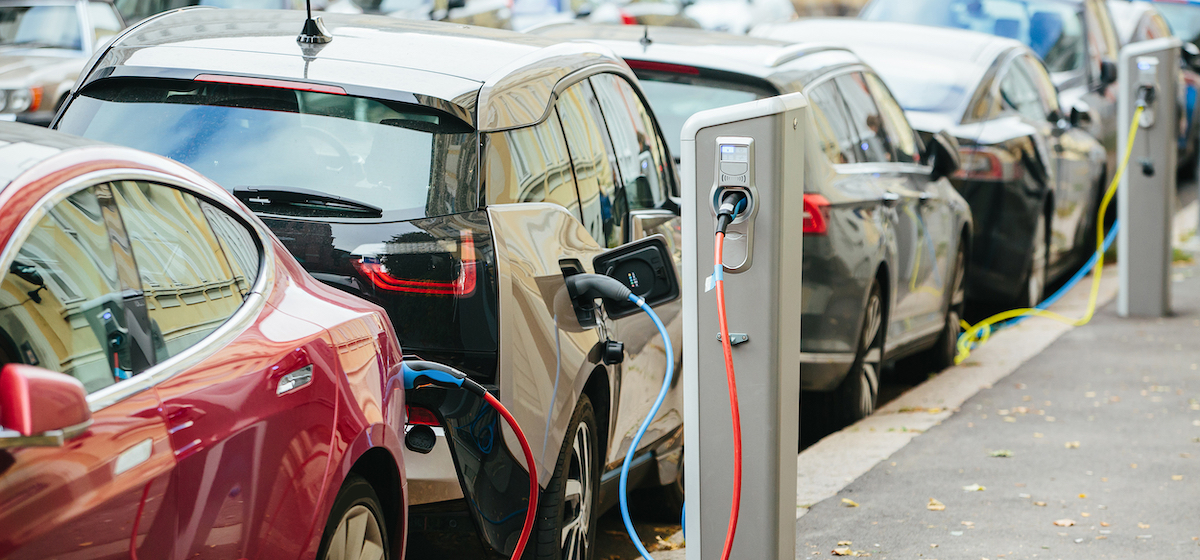One of the major barriers to large-scale uptake of electric vehicles in Australia is the fear of running out of power before being able to recharge and being forced to wait for too long while battery charging takes place.
That obstacle, however, may soon be a thing of the past. A team of engineers from Penn State University in the United States have developed batteries that have a range of 400km and the ability to charge in 10 minutes.
“We developed a pretty clever battery for mass-market electric vehicles with cost parity with combustion engine vehicles,” said Professor Chao-Yang Wang from Penn State.
“There is no more range anxiety, and this battery is affordable.”
The researchers also said that the battery should last for more than three million kilometres over its lifetime.
The engineers involved in the project explained that the key to the long-life and rapid-charging battery is its ability to quickly heat up to 60 degrees Celsius, for charge and discharge, and then cool down when the battery is not working.
“The very fast charge allows us to downsize the battery without incurring range anxiety,” said Prof. Wang.
The battery uses a self-heating approach with a thin nickel foil, where one end is attached to the negative terminal and the other extends outside the cell to create a third terminal. Once electrons flow, it rapidly heats up the nickel foil through resistance heating and warms the inside of the battery.
When the battery’s internal temperature reaches 60 degrees, the switch opens and the battery is ready for rapid charge or discharge.
The engineers explained that by using this self-heating method, they can use low-cost materials for the battery’s cathode and anode and a safe, low-voltage electrolyte.
The cathode is thermally stable lithium iron phosphate, which does not contain any expensive and critical materials such as cobalt. The anode is made of very large particle graphite, a safe, light and inexpensive material.
“This battery has reduced weight, volume and cost,” said Prof. Wang.
“I am very happy that we finally found a battery that will benefit the mainstream consumer mass market.”
An electric vehicle with this battery could go from zero to 100km per hour in three seconds and would drive like a Porsche, he said.
“This is how we are going to change the environment and not contribute to just the luxury cars,” said Prof Wang. “Let everyone afford electric vehicles.”
Would you consider an electric vehicle for your next car? What are the major barriers for you to consider buying an electric vehicle? Do you think electric vehicles will eventually take off across Australia? Should more be done to encourage people to buy electric cars?
If you enjoy our content, don’t keep it to yourself. Share our free eNews with your friends and encourage them to sign up.
Related articles:
https://www.yourlifechoices.com.au/technology/technology-news/why-you-may-have-to-buy-a-new-device-whether-you-want-to-or-not
https://www.yourlifechoices.com.au/news/how-avoid-being-tracked-online
https://www.yourlifechoices.com.au/technology/social-networking/twitter-is-not-censoring-trump-free-speech-is-not-guaranteed

